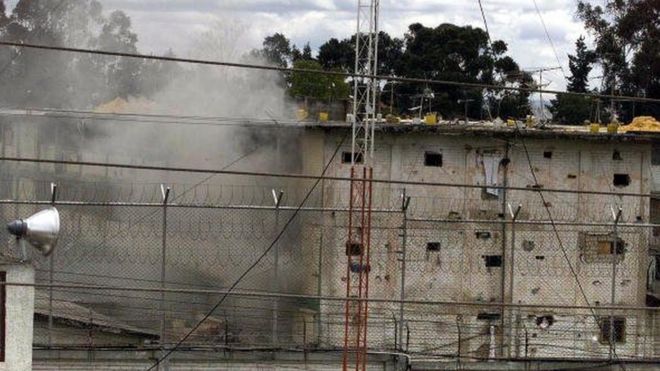By Kaitlyn Degnan
Impunity Watch Reporter, South America
BRASILIA, Brazil — Human rights groups have published a “dirty list” of 340 Brazilian companies which have been fined by Brazil’s Ministry of Labor and Employment for engaging in employment practices which amount to modern day slavery. The list draws from firms fined between May 2013 and May 2015. Brazil defines slave labor as work “carried out in life-threatening or degrading conditions.” The designation also includes bonded labor, in which a person works without pay to settle a debt with an employer.

50,000 people have been released from slave-like working conditions since the Brazilian government began prosecuting slavery in 1995. According to the International Labor Organization, there about 200,000 people in slave labor in the country. Slavery was abolished in Brazil in 1888.
The list was compiled using Brazil’s Access to Information Act by Reporter Brasil and the Brazilian Institute to Eradicate Slave Labor (InPACTO) in an effort to “enforce society’s right to transparency regarding corporate labor practices.” The list has been published and updated since 2003.
A company’s inclusion on the list has consequences – blacklisted employers face restrictions on the sale of their product and are blocked from government loans. The National Slave Eradication pact of 2005, which has been signed by over 400 banks and companies, institutes a boycott of those on the list.
Pockets of the Brazilian Amazon are home to slave-labor conditions similar to those of the nineteenth century. According to Leonardo Sakamoto, head of Reporter Brasil, “[historically] the worst slave conditions in Brazil have been found in cattle ranches in the Amazon where state power is difficult ot reach and where exploitation is more violent.”
The Inter-American Human Rights Court is currently hearing a case involving 340 men who were trafficked into slavery during the 1990s on a cattle ranch in northern Brazil. The Centre for Justice and International Law and the Pastoral Land Commission (an arm of the Brazilian Catholic Church) brought the case to the Court. Brazil has been accused of having knowledge of the use of slave labor, reported by inspections dating from 1997 to 2000.
Activists hope that the Court’s ruling, the first of its kind, will outline the responsibilities of states to prevent slavery and compensate freed slaves.
For more information, please see:
TeleSur – 340 Brazilian Companies Fined for Modern Slave Labor Conditions – 6 February 2016
Latin Correspondent – Genocide, slavery and intimidation in the Brazilian Amazon – 19 February 2016
Reuters – Brazil slave labor victims seek justice at Americas’ top rights court – 24 February 2016


